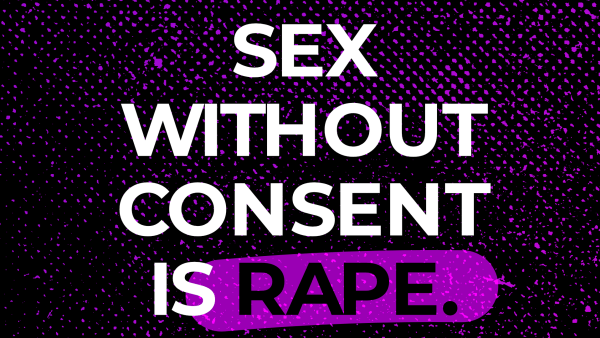Today the European Parliament held its final vote on binding targets to improve gender balance on company boards in Europe.
The Women on Boards Directive, negotiated by S&D MEPs Evelyn Regner and Lara Wolters, will introduce an open and transparent procedure to ensure a minimum of 40% of women in non-executive boards of EU companies by 2026. For member states it introduces quotas in both executive and non-executive boards, with the overall minimum requirement being 33%. Member states will also have to set up a penalty system for companies failing to comply with the new laws.
The vote on the gender balance among non-executive directors of companies listed on stock exchanges took place today at midday in a joint meeting of the legal affairs committee and the women’s rights and gender equality committee. In next week’s plenary session, the European Parliament will hold the final debate on the Women on Boards Directive before it is signed into law on Wednesday.
Evelyn Regner, S&D MEP and the European Parliament’s negotiator on the Women on Boards Directive in the women’s rights and gender equality committee, said:
“This is a great success for the S&Ds, who for over a decade have led the calls and negotiations for this landmark law to improve gender equality among both non-executive and executive directors of companies in the EU. But this is also a great asset for European businesses, because the most successful companies are those that have the most diverse boards of directors. Their perspective widens, their company culture changes for the better. The latest data from the European Institute for Gender Equality confirms that only binding measures are a game changer for women.”
Lara Wolters, S&D MEP and the European Parliament’s negotiator on the Women on Boards Directive in the legal affairs committee, said:
“Despite years of roadblocks, EU governments finally agreed to our ambitious proposals that will push for progress on gender equality in all 27 member states at the same time. With binding measures to increase the number of women on boards, European companies will be more diverse not just at the top, but trickling down to more women in management and overall. More diverse boards shaping the decisions is good for companies, good for society and good for women.”
Note to editors:
Today, only 30.6% of board members in the EU’s largest publicly listed companies are women, with significant differences among member states (from 45.3% in France to 8.5% in Cyprus).
Currently only 7 member states have binding legislations regarding women on boards, 9 member states have no measures at all, and 10 have only soft measures.
Figures show that government action makes a difference: starting from a similar level (13%), the proportion of women on boards rose to 36.4% (+23.0 pp) in those countries that took legislative action, to 30.3% (+17.3 pp) in countries that implemented soft measures and to only 16.6% (+2.8 pp) in those that took no action.











